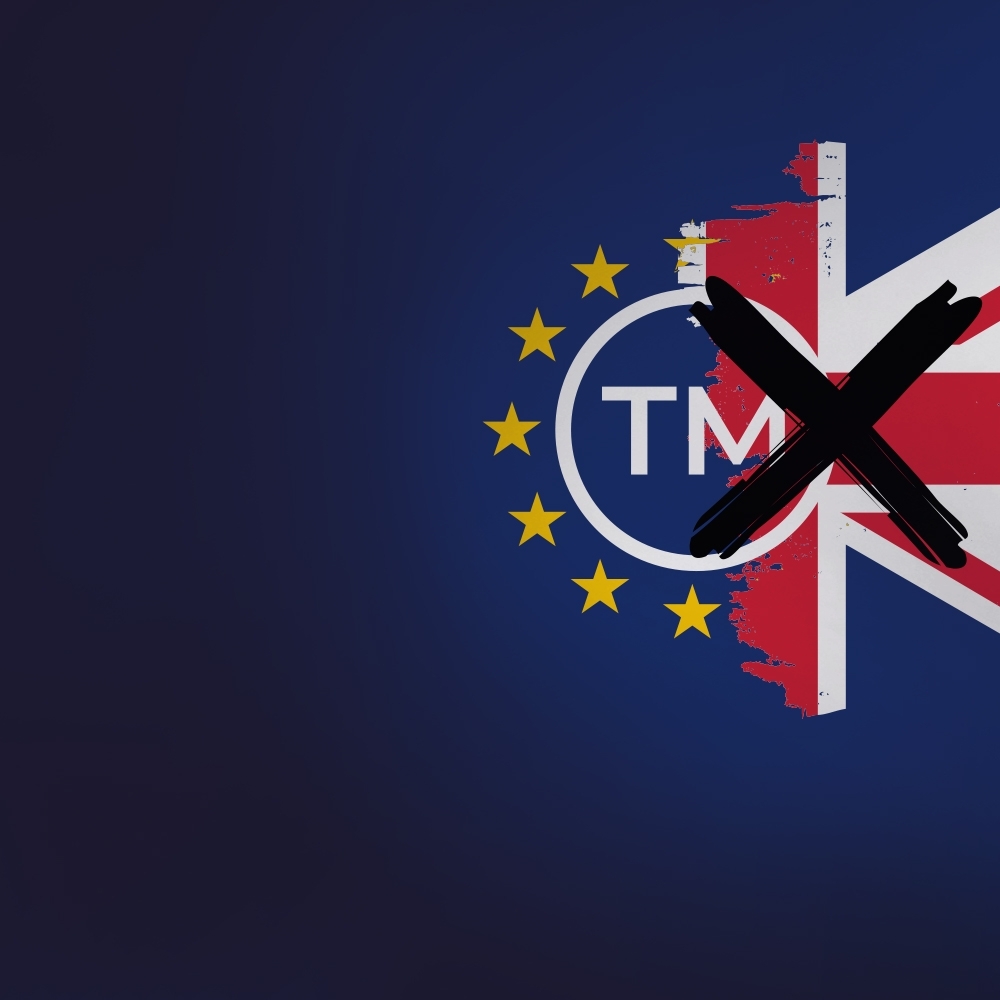26.10.2023
We speak to JE to learn what he thinks makes a good trade mark paralegal, discuss current client challenges and talk about his career plans for the future.
Thank you
Jesús Enrique (JE) studied and worked for a well-known firm in Chile before joining Keltie. He is a CITMA Paralegal and a certified Trade Mark Paralegal. Within a year of working at Keltie, he was nominated as a Rising Star. The International Trademark Association (INTA) Rising Star program identifies and cultivates future leaders and contributors to the IP profession.
We speak to JE to learn what he thinks makes a good trade mark paralegal, discuss current client challenges and talk about his career plans for the future.
Receiving the Rising Star award from INTA is a tremendous honour, and I am truly grateful for the recognition. The role of a trade mark paralegal is integral to the legal industry, and to excel in this position, one must possess a diverse range of skills, encompassing both professional and personal qualities. As the legal landscape continually evolves, it is imperative for us to remain at the forefront of industry developments and emerging technologies. Adapting to change and embracing innovation are key attributes that enable us to make substantial contributions to our profession.
In addition to being well-versed in trade mark law, a good trade mark paralegal must have a keen eye for detail and excellent organisational skills. We are responsible for managing complex portfolios of trade marks, coordinating with clients and attorneys, and ensuring all legal processes are executed seamlessly. Furthermore, effective communication and the ability to work collaboratively within a team are vital, as trade mark matters often involve multi-faceted challenges that necessitate collective effort to address.
Our dedication to staying up-to-date with the latest legal developments, coupled with a commitment to providing excellent service to our clients, distinguishes a successful trade mark paralegal. This award has further fueled my determination to continuously enhance my skills and knowledge to better serve our clients and the industry as a whole.
Working at Keltie is a unique and highly rewarding experience. Unlike traditional law firms, Keltie stands out for its refreshing and inclusive organisational culture. What I find most appealing is the approachability of everyone within the firm, regardless of their position. It's not uncommon to find partners, administrative staff, and finance professionals sharing a table and collaborating on various projects. This inclusive environment fosters a sense of belonging and unity, irrespective of one's role within the firm.
This atmosphere extends beyond the workplace, creating a vibrant and collaborative community that is not only beneficial for individual growth but also for the overall success of the firm. Keltie's innovative approach to the legal profession creates an inspiring and supportive environment where team members are encouraged to contribute their unique perspectives and ideas. This approach is what sets Keltie apart and makes it an exceptional place to work.
Q3) What are the main challenges you feel the clients are facing?
In the ever-evolving landscape of intellectual property, clients face a multitude of challenges, with one of the most significant being the rapid advancement of technology. Emerging technologies, including artificial intelligence, have the potential to greatly benefit intellectual property management, but they also introduce complex questions and concerns related to intellectual property rights and protection.
As trade mark professionals, it is our duty to remain at the forefront of these technological developments and their implications for intellectual property law. This ensures that we can provide our clients with the most up-to-date and effective solutions to safeguard their trade marks and intellectual assets.
The global nature of intellectual property demands constant adaptation to varying legal frameworks and regulatory changes across different jurisdictions. Clients often need guidance on navigating the intricacies of international trade mark protection and enforcement. To best serve our clients, we need to remain well-informed, agile, and responsive to the evolving landscape of intellectual property.
The intellectual property profession is a captivating and dynamic field that never ceases to amaze me. What I find most enjoyable is the diversity of each day's challenges. No two clients, trade mark portfolios, or cases are alike, which provides an ongoing opportunity for continuous learning and growth. Every new project presents unique nuances and complexities, and tackling them requires creative problem-solving and strategic thinking.
The global nature of the intellectual property profession is a major attraction. Interacting with clients and agents from all corners of the world is fascinating and enriching. It offers a broader perspective on how intellectual property operates in different cultural and legal contexts. These interactions not only broaden our horizons but also foster global collaborations and connections that enhance our expertise and network.
Working in the IP profession allows us to be at the forefront of innovation, protecting and promoting creativity and innovation on a global scale. It's a profession that challenges us to grow, adapt, and provide the best possible solutions to our clients.
While my current career path as a trade mark paralegal is deeply fulfilling, I have a long-term aspiration to become a trade mark attorney. The transition from paralegal to attorney would allow me to expand my legal responsibilities and provide more comprehensive counsel to clients.
If I were not in the legal field at all, my passion for exploration and adventure would lead me down a different path. I have always been drawn to the idea of becoming a pilot or pursuing a career that involves extensive travel and the opportunity to immerse myself in different cultures. The prospect of discovering new places, meeting diverse people, and experiencing various lifestyles is something that resonates with me. Whether through the lens of the legal profession or a different career, my enthusiasm for exploration and discovery remains a driving force in my life.
The contrast between the intellectual property industry and working life in the UK and Chile is notable, reflecting the diverse cultural and professional landscapes of these regions. In the UK, the intellectual property sector is more modern and inclusive, although there is still room for improvement. Initiatives related to Diversity, Equity, and Inclusion (DEI) play a prominent role, and there is a strong commitment to fostering a workplace environment that promotes equality and diversity.
Conversely, in Latin America, including Chile, the legal industry tends to be more traditional and conservative. DEI initiatives are not as advanced as in the UK, and the sector as a whole lags in embracing inclusivity. The legal culture in Latin America retains a more traditional approach, which is yet to reflect the changing global dynamics and the importance of diversity and inclusion in the workplace.
Being a member of INTA has provided me with valuable insights into the experiences of professionals from around the world. It has underscored the significance of global perspectives and demonstrated that there are lessons to be learned from our colleagues worldwide. This exchange of ideas and experiences among colleagues from diverse backgrounds has contributed to my growth and development as a professional. It has reinforced my belief in the importance of embracing a more modern and inclusive approach to the practice of law, ensuring that we continue to evolve and adapt to better serve our clients and promote equity within the legal industry.
To find out more about working with Keltie, contact your nearest office: https://www.keltie.com/offices

10.11.2025
Cloned UK Trade Mark Rights - Deadline CloseIf a cloned UK trade mark right is challenged for non-use, use of that mark in the EU currently counts towards demonstrating genuine use. However, this will not be the case for much longer. From 31 December 2025, owners of cloned UK trade mark rights must show genuine use in the UK only to maintain a challenged right as use in the EU will no longer be relevant.

20.11.2025
Insights into the Valuation of Brands: In Conversation with Beth RubinBrand valuation is essential for mergers and acquisitions, tax planning, strategic decision making, and financial reporting.
Thank you